Loveseat
May 30th, 20165/30/2016 Moments later from yesterday's image: as Buddhism says, things are ever changing
"To take this river, these rocks, this light, these mountains changing in the light, 'for granted' . . . I begin to see through the word to the thing, to be along with the thing, the rock, this light on my hands . . .Things exist in the unnameable. Sometimes I am free . . . to see them as they are and not wish to name them. Sometimes, as the rocks glow in the late sun, or the river flashes suddenly between boulders, or two birds hide in a burst of light above me, I understand that all names fall short of the shining of things. And that understanding, while it lasts, is peace." Andrew Harvey May 29th, 20165/29/2016 Annie Dillard: "The lenses of telescopes and cameras can no more cover the breadth and scale of the visual array than language can cover the breadth and simultaneity of internal experience. Lenses enlarge the sight, omit its context, and make of it a pretty and sensible picture, like something on a Christmas card. I assure you, if you send any shepherd a Christmas card on which is printed a three-by-give photograph of the angel of the Lord, the glory of the Lord, and the multitude of the heavenly host, they will not be sore afraid."
May 27th, 20165/27/2016 Royal Poinciana
Thomas Merton: "a camera cannot . . . see a real mountain. The camera does not know what it takes: it captures materials with which you reconstruct, not so much what you saw as what you thought you saw. Hence the best photography is aware, mindful, of illusion and uses illusion, permitting and encouraging it--especially unconscious and powerful illusions that are not normally admitted on the scene." May 26th, 20165/26/2016 "I think we need more
of the wordless in our lives. We need more stillness, more of a sense of wonder, a feeling for the mystery of life." Ben Okri "As you become more deeply attuned to the mystery of reality . . . it teaches you things you can hardly put into words, that can only be hinted at by words to abandon the self satisfaction of comfortable categories, to accept the unity of opposites or contradictoriness . . . as the natural thing it is in reality." John Howard Griffin May 17th, 20165/17/2016 I thought I could catch the sunrise this morning, but a storm was approaching, the wind was blowing the trees around and the lightening and thunder were getting closer. So, since discretion is the better part of valor, this was what I saw, just as the rain began to fall and I left for safer quarters. It's the time of year of spectacular sunrises here . . .
May 13th, 20165/13/2016 Is this progress? Toward what? the apocalypse?
Martine Franck wrote a variation on what I posted yesterday: "A photograph is not necessarily a lie, but it isn't the truth either. It's more like a fleeting, subjective impression. What I like so much about photography is precisely the moment that cannot be anticipated; one must be constantly on the alert, ready to acclaim the unexpected." May 12th, 20165/12/2016 "Photography, (Cartier-Bresson) once wrote . . . is a spontaneous impulse which comes from perpetually looking, and which seizes the instant and its eternity." John Berger
May 10th, 20165/10/2016 Glyphs from a cruise: Mayan pyramid, Chichen Itza, Yucatan and cat's whiskers, Coyoba Gardens, Jamaica
John Berger on W. Eugene Smith: "He saw art as a means of redemption. Music, words, were to him an accompaniment to the drama of looking for goodness. His own photography constituted his way of looking for this, his search . . . He sought a truth, which by its nature, was not evident. It was waiting to be revealed . . . He wanted his images to convert so that the spectator might see beyond the lies, the vanity, the illusions of everyday life." May 04th, 20165/4/2016 This morning, just before dawn, a spring storm rolled in with a sound and light show. I sat and watched it for a while. Last week on the cruise, we saw rain (though no sound and light show) in Jamaica:
Categories |
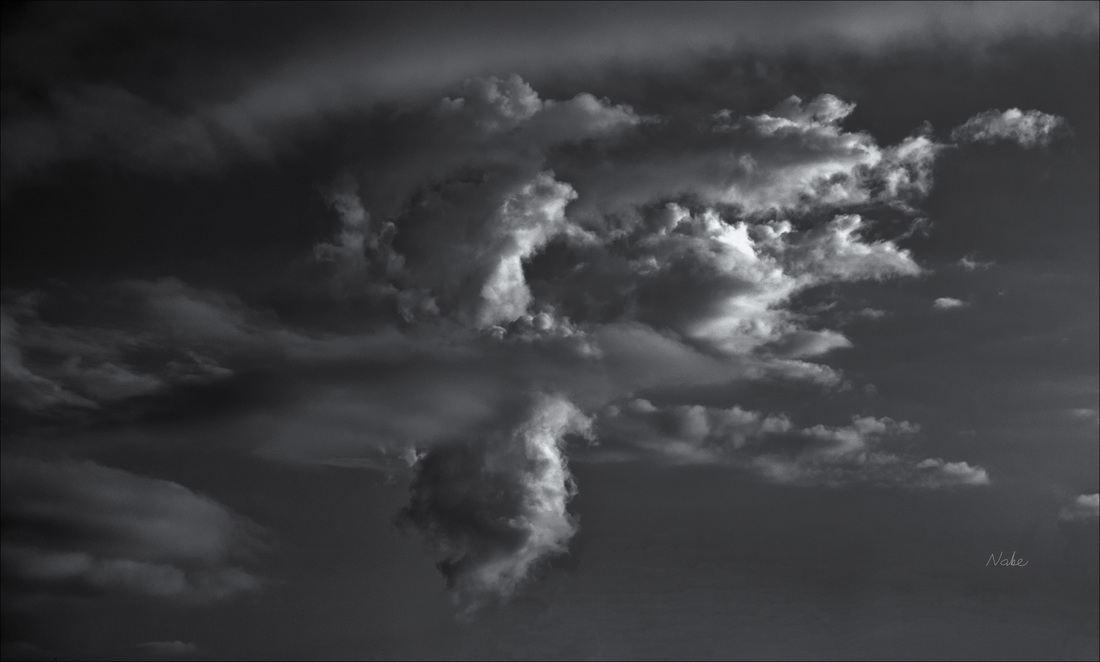
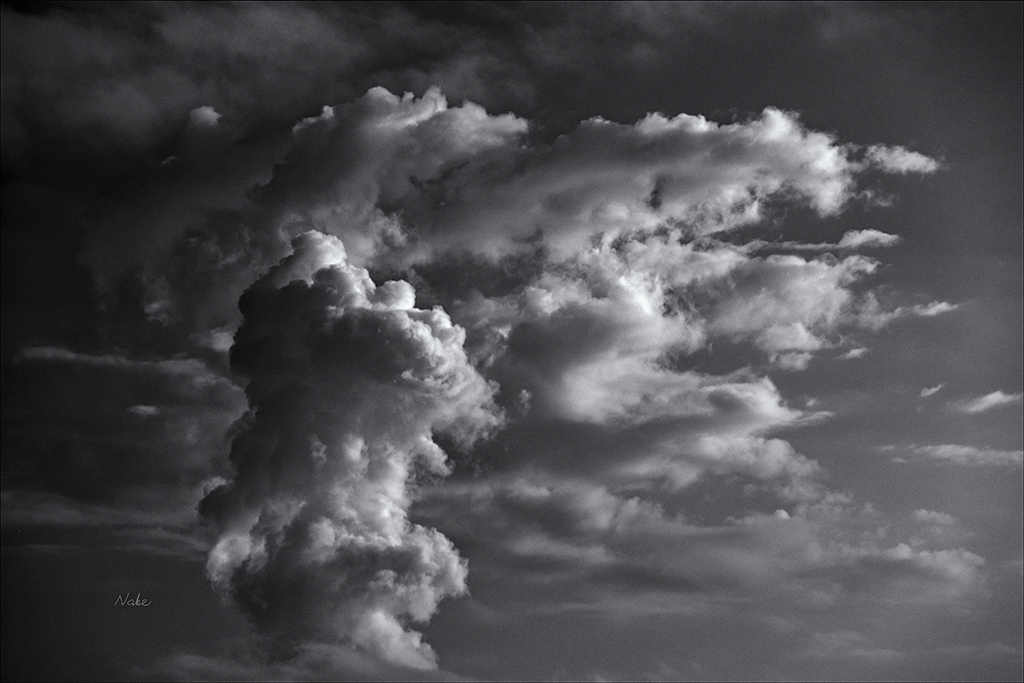
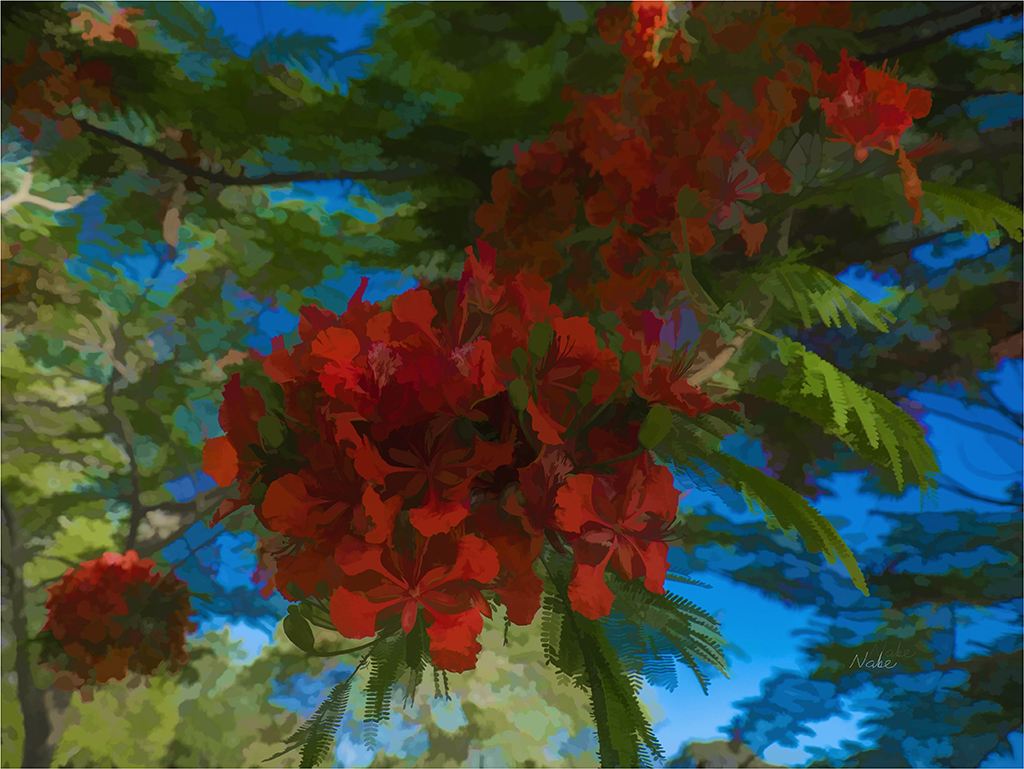
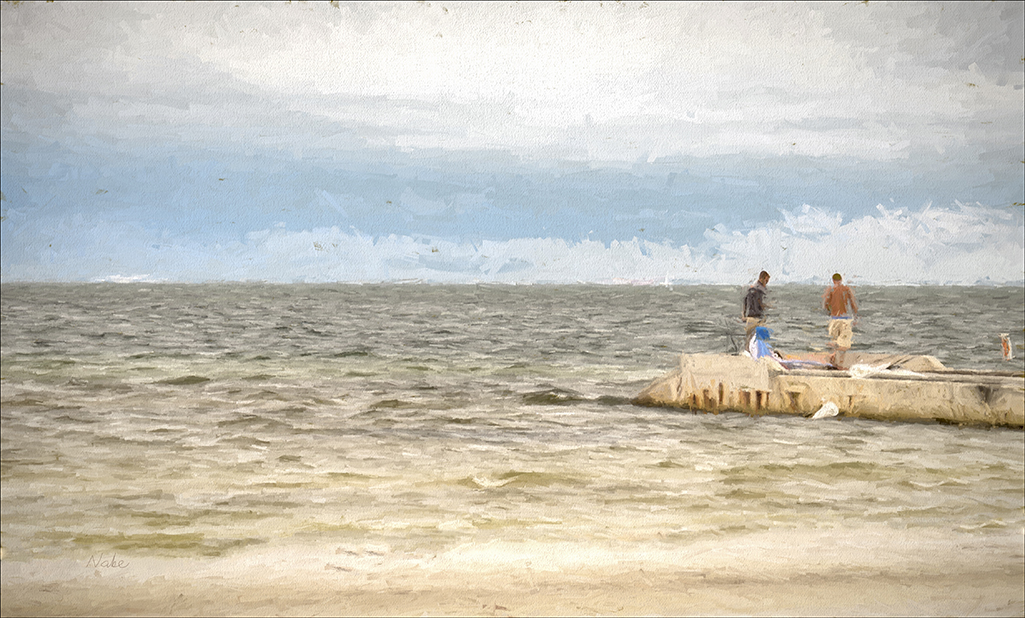
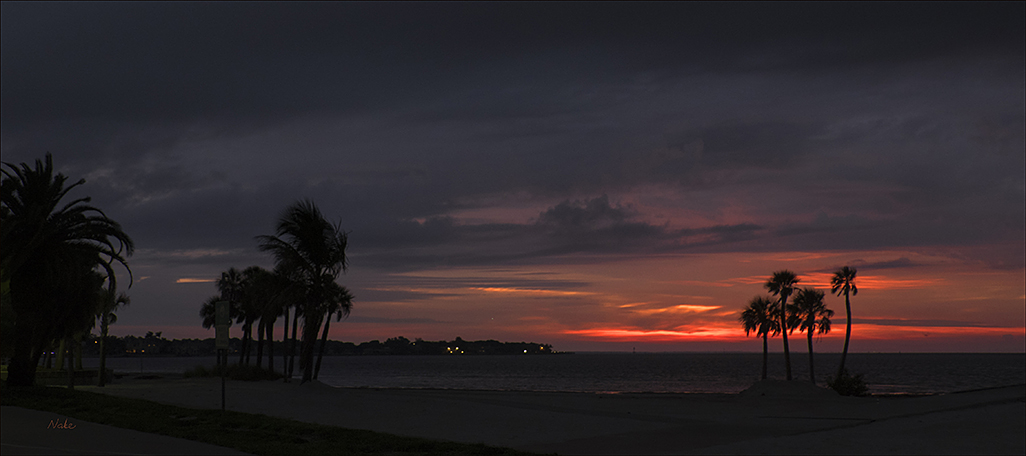
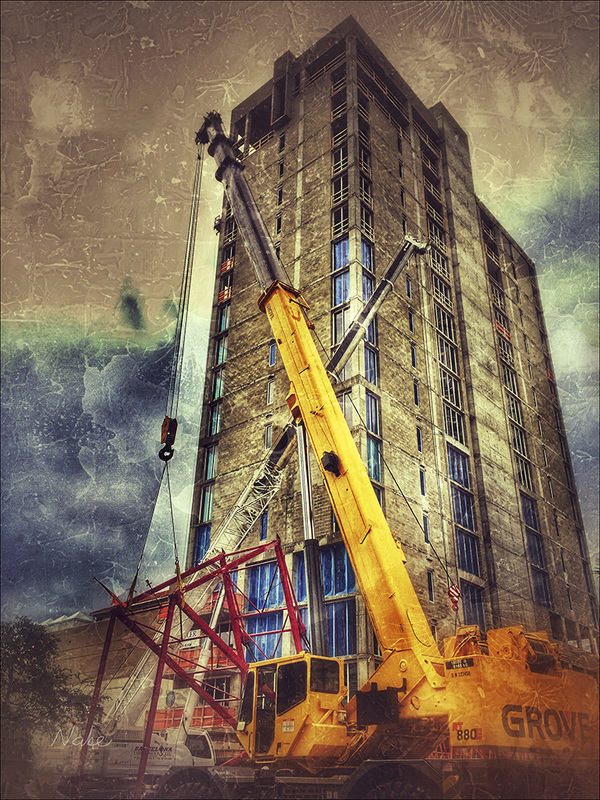
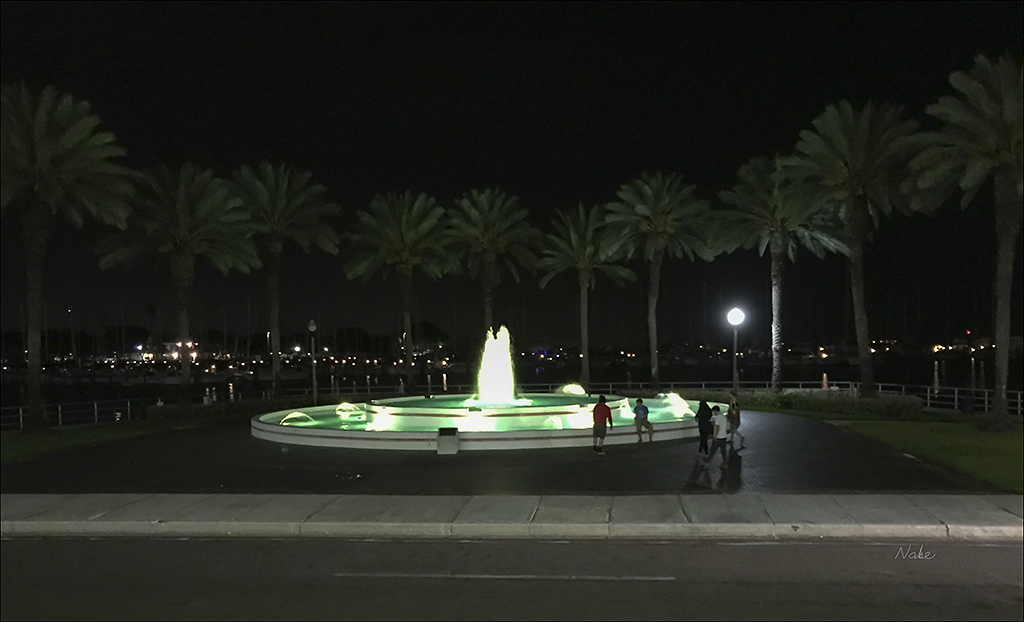
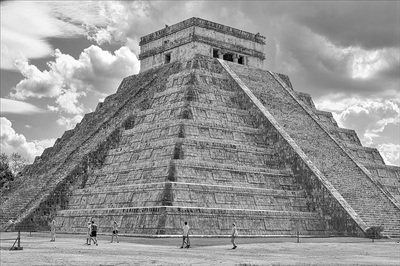
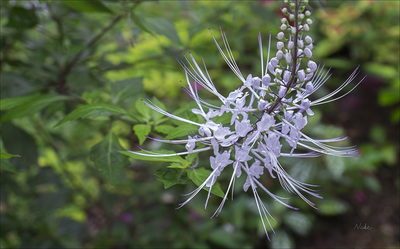
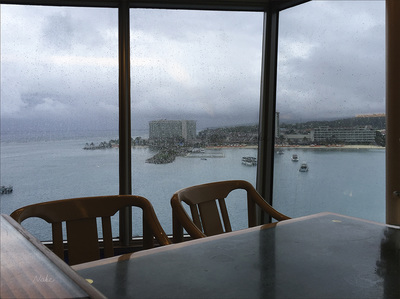
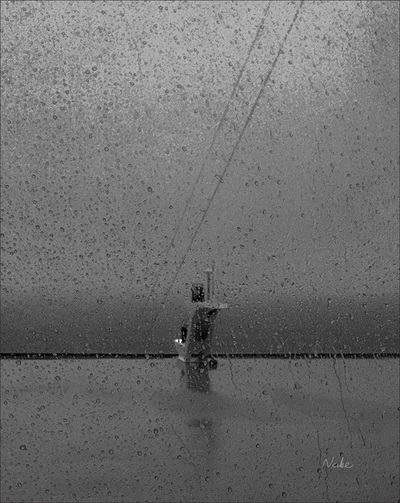
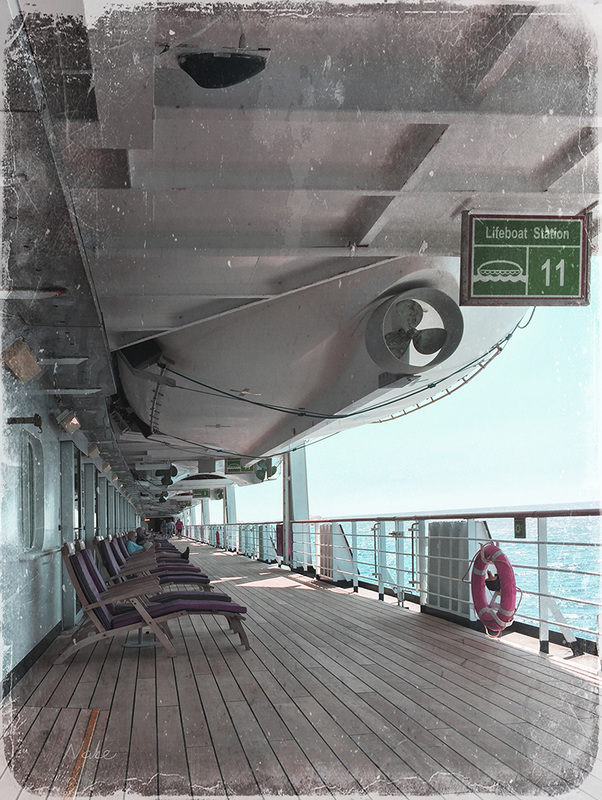
 RSS Feed
RSS Feed